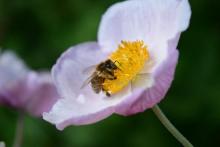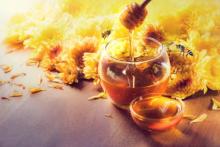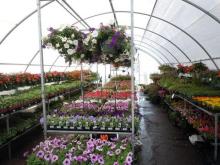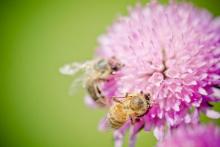Urban Beekeeping With Detroit Hives
Beekeeping has been going on in the United States since the 1800s and in Detroit since the 1930s. In the last two decades, the Motor City has seen a resurgence in beekeeping initiatives, hand-in-hand with the growth of urban agriculture within its borders. Detroit Hives is one such endeavor, founded in 2017 and run by two beekeepers, Nicole Lindsey and Timothy Paule.




